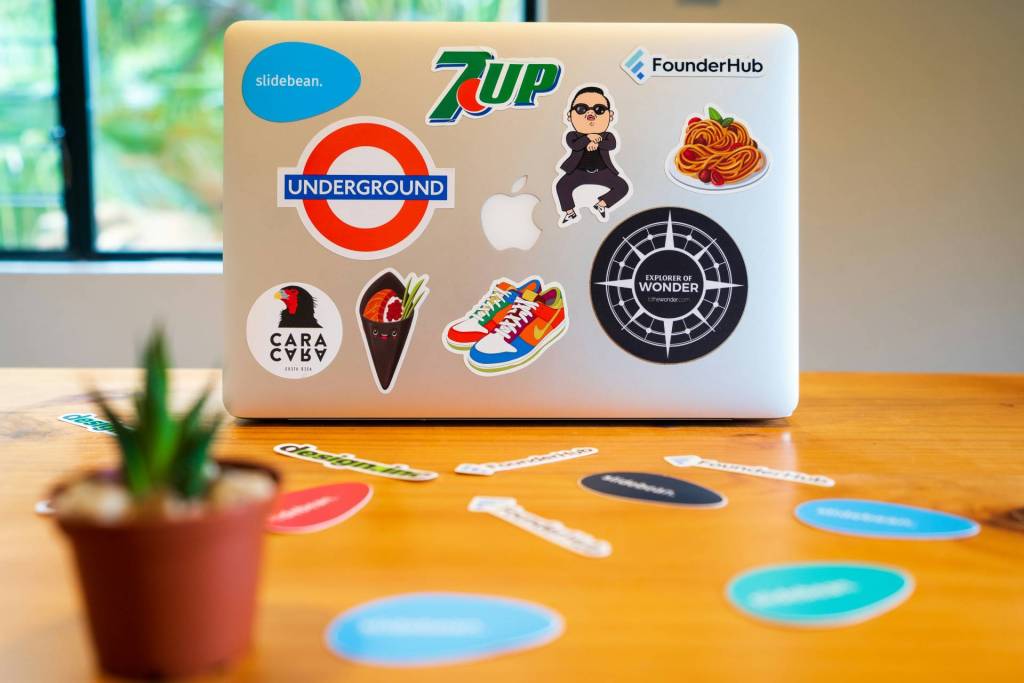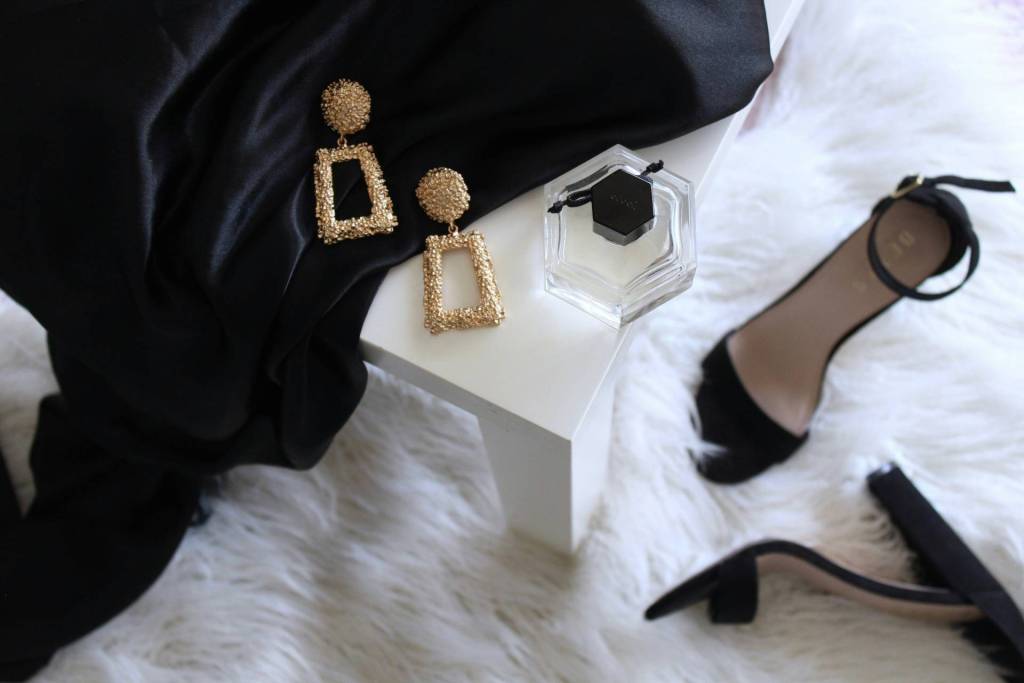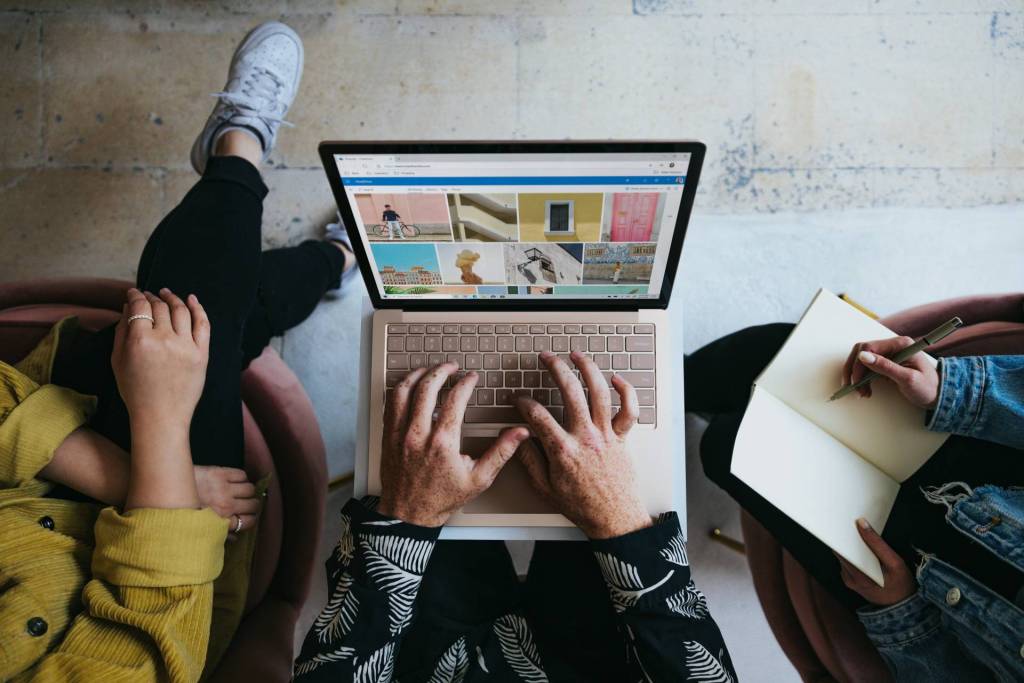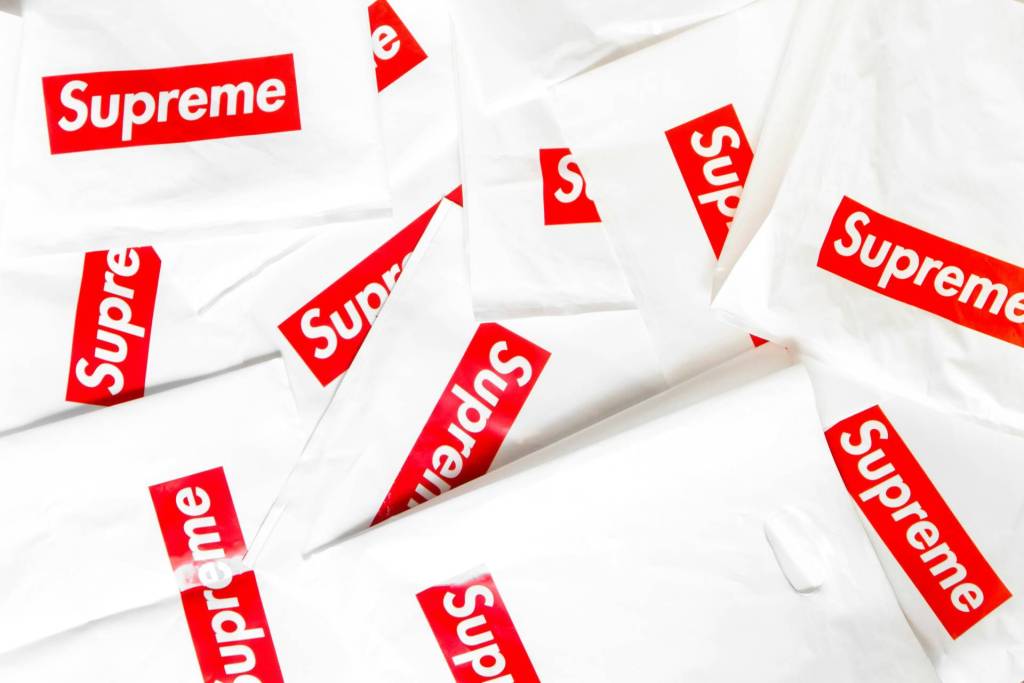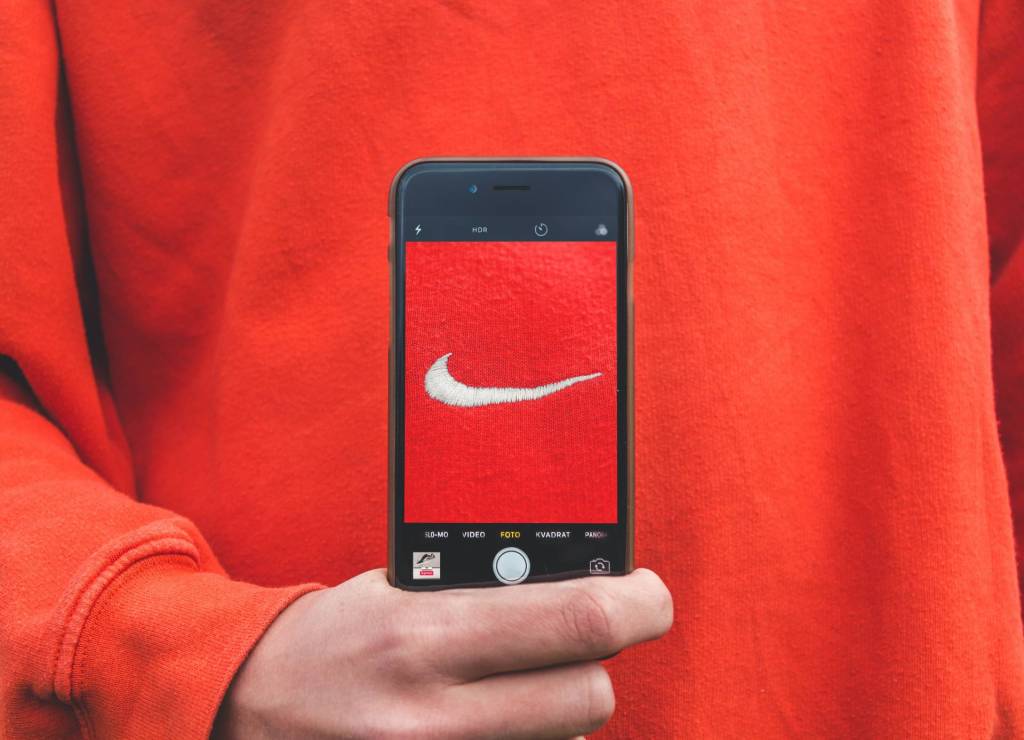Recently, I hosted the first Music Branding 2.0 event to a sold out crowd, which included an expert panel and a live rock band. I wanted to try something different with this event and I drew a connection between music, branding, and the internet. The focus of the event was on how artists can brand themselves in the digital world to achieve success. The panel included experts from across the industry. Here is a video clip, where the panelists introduce themselves, and then discuss how important social media is for artists. The video script is below as well.
Tim Hare (moderator): How has social networking changed the way that artists promote themselves in this day and age?
Paul Rapp (entertainment lawyer): For one thing, the day of the paper press kit is pretty much over. Now you have to go and get photos and glossies, get them blown up, copied, get the piles and send them out. And most people don’t want to clutter up their offices. Most labels and most journalists don’t want to clutter up their office with paper anymore. I mean, the electronic press kit has kind of taken over.
Amanda Caswell (band promotions): In my experience, I feel that the artists sort of break down the walls. You know, when they’re on Twitter or even Facebook. They become touchable and you know, everything from their van broke down or..they’re having trouble getting through customs. You know, you’re right there with the band and you can reply to them and say “Oh hey man, my van did the same thing” and they just become…you become more of a friend through all that networking.
Andrea Johnson (professor at Berklee College): I’ll follow up with that; I totally agree with Amanda that what we’re looking for is to connect with fans and give them a reason to buy. To build premium levels for those fans so that the 13-year old who doesn’t have a credit card can legally download from the band’s website their music and be able to connect with them in that way. And also the rabid fan who wants the premium package-double DVD with live streaming video of a concert they did in a tent. They can pay $300 for that package. We’ve seen Trent Reznor do that with Nine Inch Nails, offering different premium levels in order to connect with fans at different levels, and it’s working really well for him as a major artist and a lot of independent artists are starting to follow in that realm.
Matty Trump (hip hop producer): Yeah, I think it’s given a chance for artists to actually break through on their own now, and not need as much help from the major labels or even independent levels. And you know, just in the last year, you had Soulja Boy who did a YouTube video and became famous on his own, and a project I’m actually currently involved with now with Sam Adams, who did a video. He did this little video rap thing and a million people watched, and then his iTunes came out last month and sold 8,000 copies. It was beating out Lil’ Wayne and other major hip-hop artists on iTunes, and the major labels went crazy. They can’t believe anyone did this on their own and they’re not happy about it. And they did actually spread rumors that the albums were bought and all this stuff. It’s been a pretty crazy month but I think you know that’s what it is. It’s given artists the empowerment to be able to come out on their own, whereas before you had to get signed by a label and that was your only chance. Like now, artists can do it on their own with a lot of hard work and dedication.

